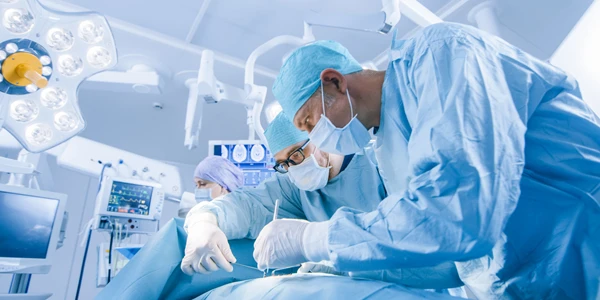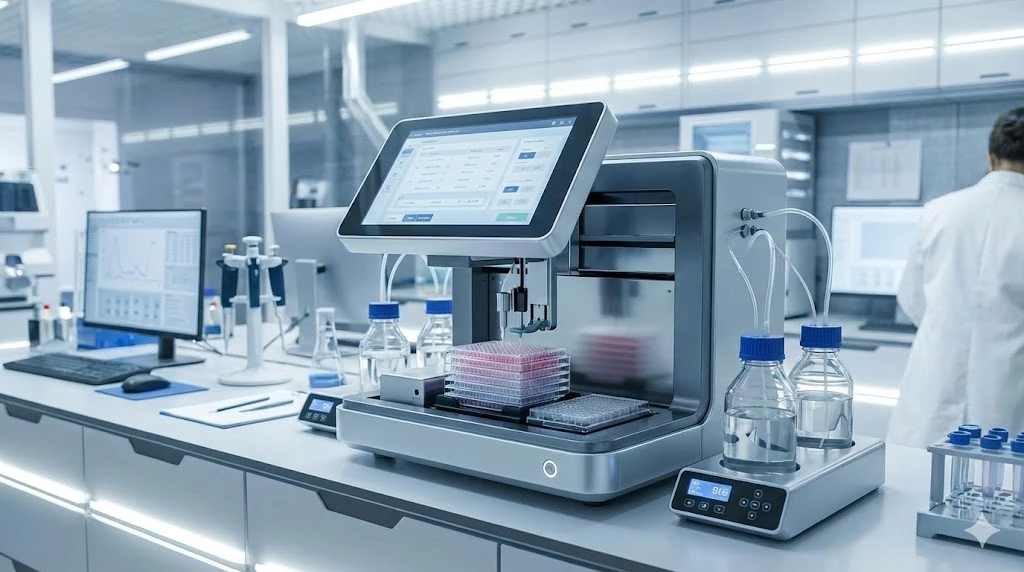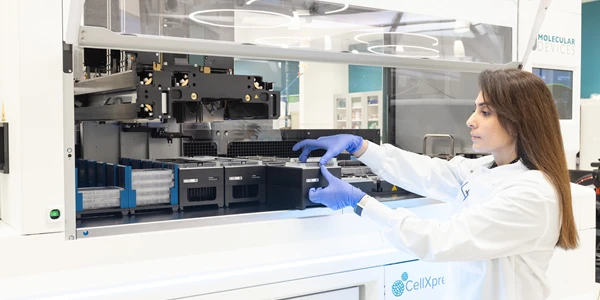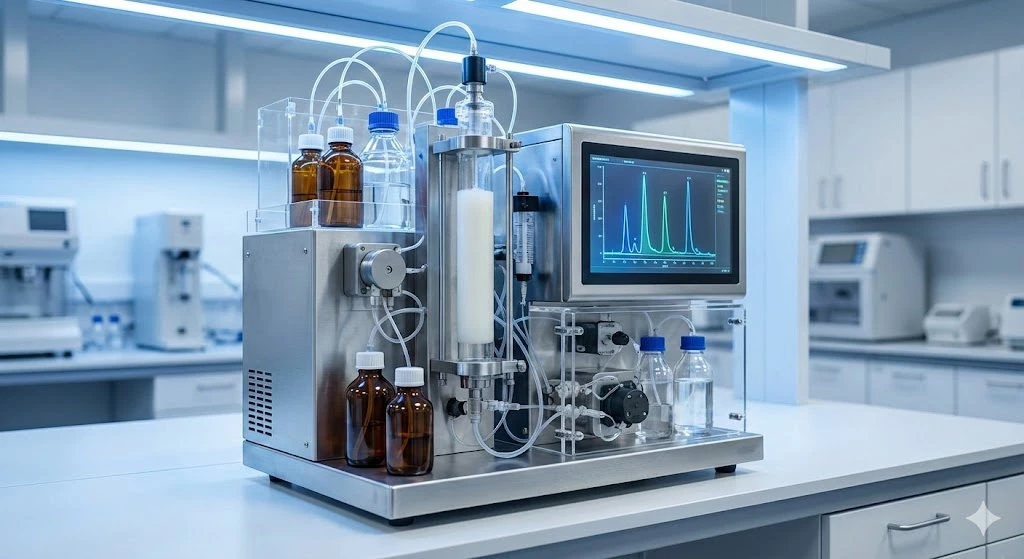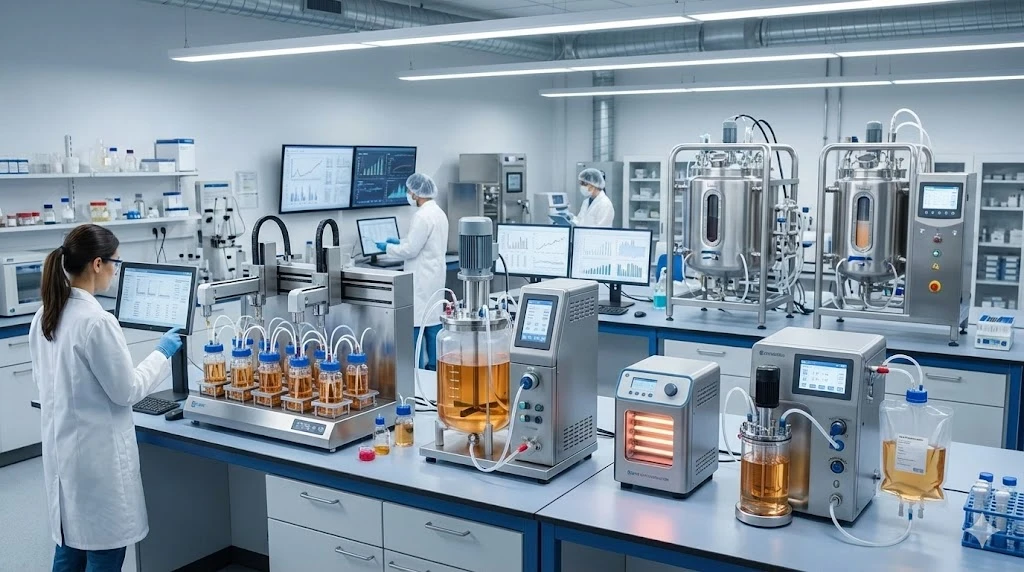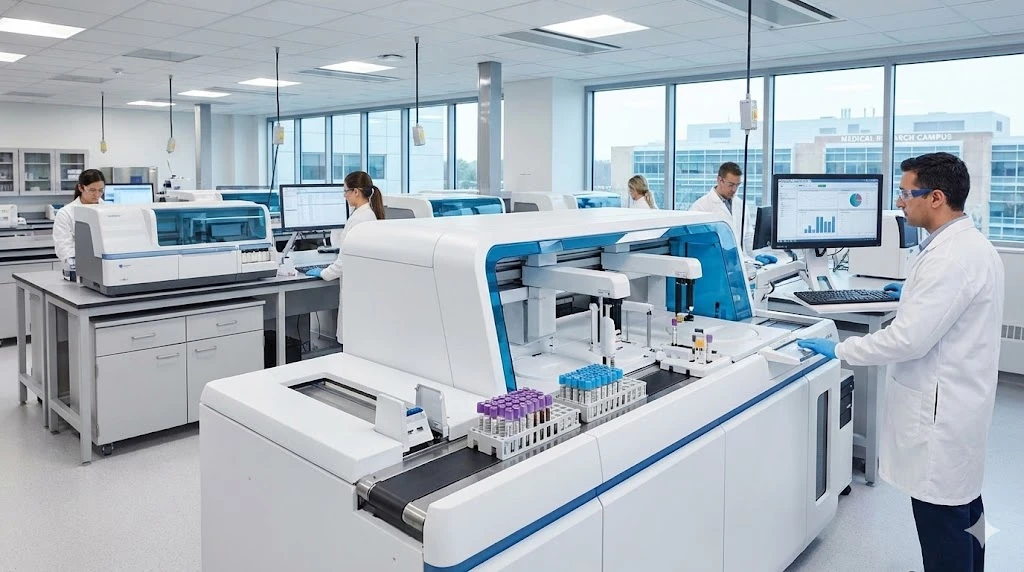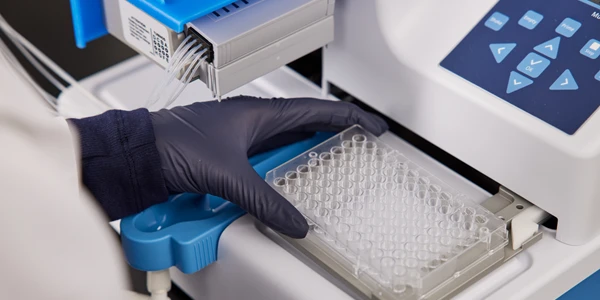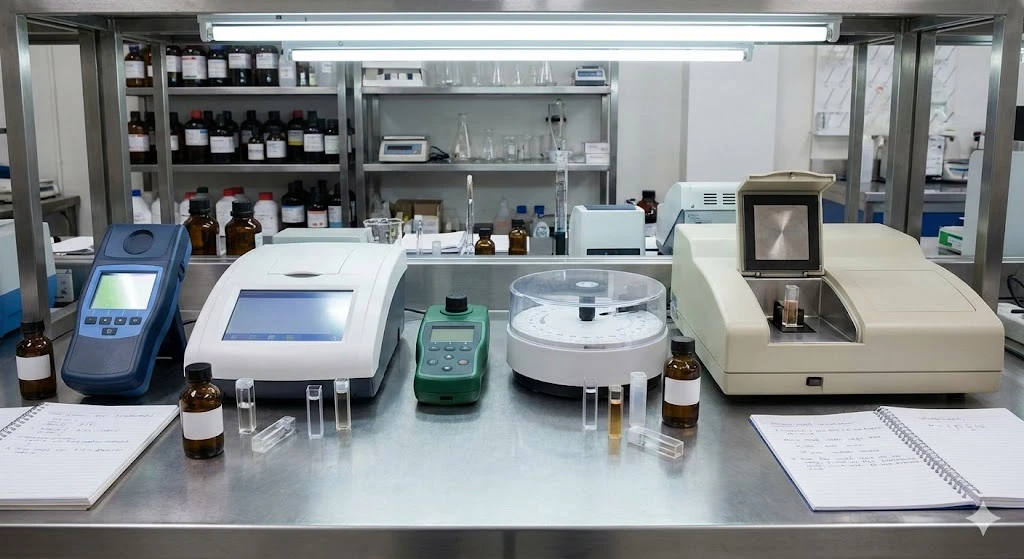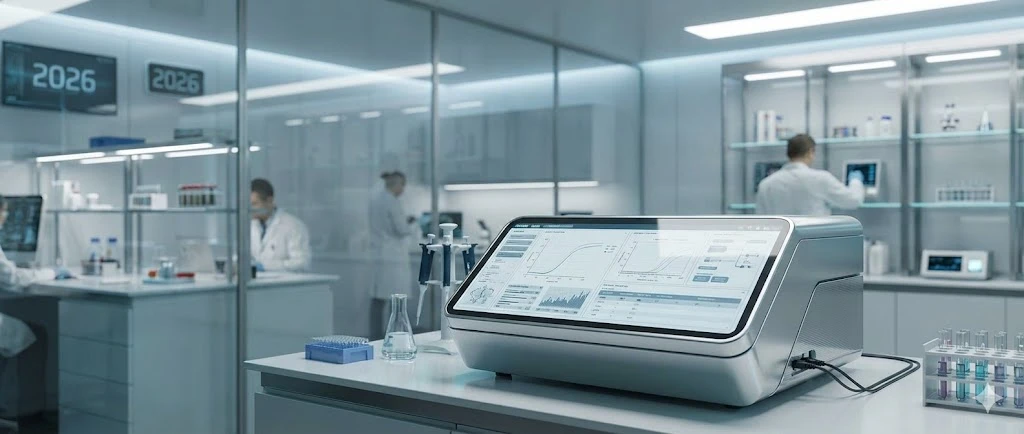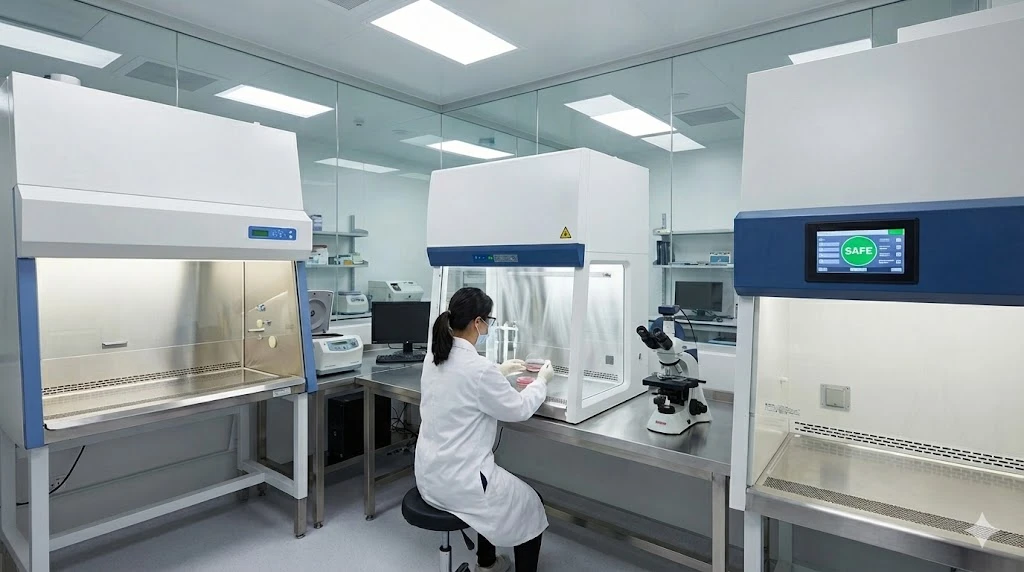The polymerase chain reaction is used in many biology labs to selectively amplify DNA for cloning, in forensic analyses for amplification and quantification of trace samples of DNA, and in clinical labs for early detection of diseases. Many environmental, food safety, pharmaceutical, and personal product testing labs use PCR to detect pathogens such as molds, bacteria, and viruses.
PCR thermal cyclers vary in price—but they also vary in parameters such as:
- Number of samples that can be run simultaneously
- Ability to offer a thermal gradient across the heating block
- Multiple, independently controlled heating blocks for multiple users or conditions
- Interchangeable heating blocks
- How much bench space they occupy
LabX.com offers a wide selection of new and used PCR thermal cyclers to fit most budgets and applications.
Aside from your budget, here are six factors to consider when choosing a PCR thermal cycler:
1. How much available bench space do you have?
2. How many students or employees will be doing PCR?
3. How often will they use PCR on average: Once a week? Daily? Many times daily?
4. How many samples do they typically run in each batch of PCR?
5. Has your lab has expanded and you need more capacity? If you have a PCR thermal cycler that works great and everyone knows how to operate it, why not get a used version of the same model at a reduced price?
6. Do you need to quantify DNA or RNA? If so, you need a real-time PCR thermal cycler.
Many DNA samples require a controlled environment because they are sensitive to degradation, exist in trace amounts, or are to be used in legal proceedings. We market a variety of PCR enclosures(also called PCR chambers, PCR hoods, or PCR workstations) to reduce loss or contamination of samples.

